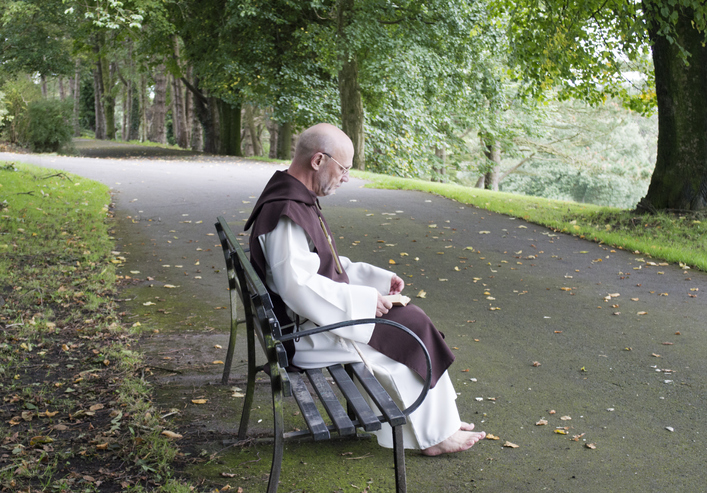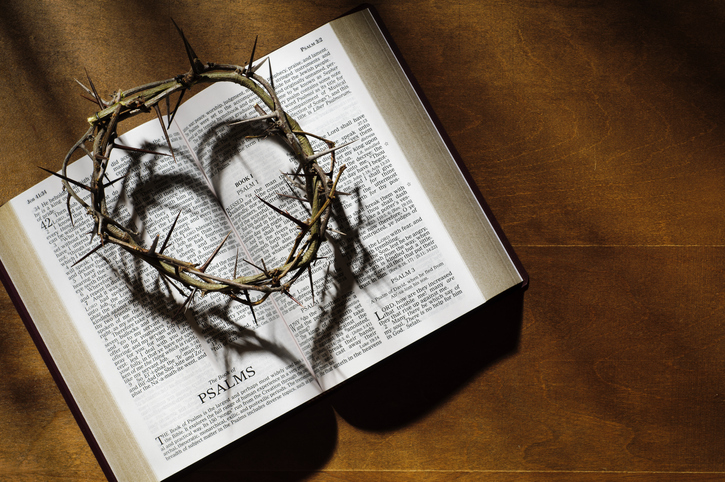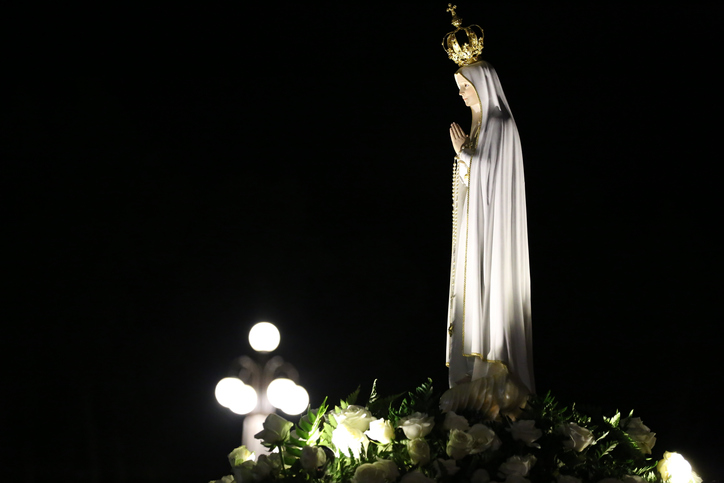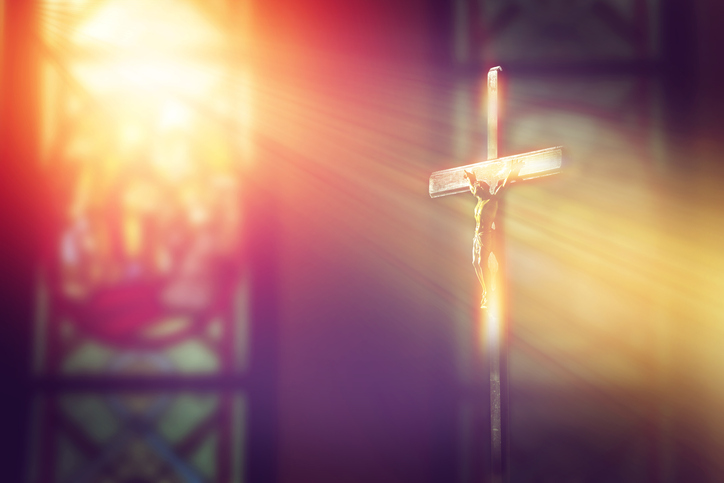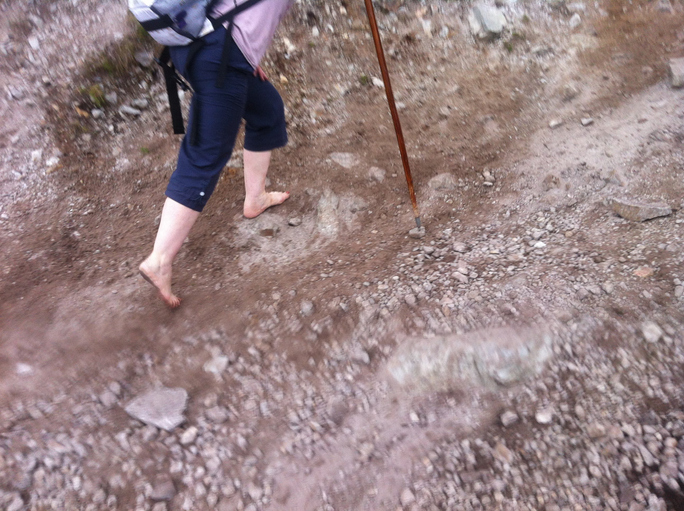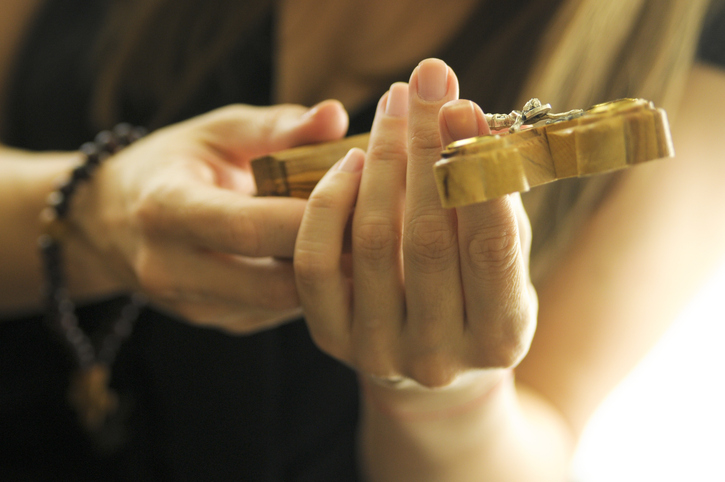Picture a chair in your mind’s eye. What do you see? What kind of chair is it? Where do you use it? Is it a rocking chair? Your favorite recliner? Did you picture a chair unique to your home or something more public like a shared park bench? If we could line up each of our mind pictures, each picture would be different, but each would be a chair. What makes these different images all “chair”? What is it about the concept of “chair” that allows us to see both a dorm room bean bag and a castle’s throne and label them both as “chair”?
In philosophy, the word essence is used to describe the properties of what an object fundamentally is and without those properties, the object loses its identity. The essence of chair allows us to see those properties that make it a chair in any form or setting. Essence is more about fulfilling a purpose than in physical make up. In today’s readings, Jesus is getting at our essence, the basis of our identity and he goes about it by what sounds on the surface like a rejection of Mary, but is it really? And what does it have to say about who we are?
“Someone told him, ‘Your mother and your brothers are standing outside, asking to speak with you.’ But he said in reply to the one who told him, ‘Who is my mother? Who are my brothers?’ And stretching out his hand toward his disciples, he said, ‘Here are my mother and my brothers. For whoever does the will of my heavenly Father is my brother, and sister, and mother.’”
Wait a minute! Did Jesus just say Mary is not his mother? First of all, deep breath, on this Memorial of Our Lady of Mt. Carmel, we need to be confident that we can never love Mary more than Jesus does. So what does Jesus mean?
Jesus is making a point about our essence, those properties without which we lose our identity. “Becoming a disciple of Jesus means accepting the invitation to belong to God’s family, to live in conformity with His way of life…” (CCC 2233) It isn’t about belonging to a specific family, tribe or nation. Jesus is telling us that in order to belong to God’s family, in order to fulfill our essence, our identity as God’s children, we need to do the will of our heavenly Father.
And throughout all of history, since God created Adam and Eve, who has most lived her life completely conformed to the Father’s will? Who gave her fiat as a young girl and lived it out for the rest of her earthly life and continues in heaven? Mary, of course.
Jesus is telling us that to belong to the family of God, it doesn’t matter where we are born, to whom we were born. It isn’t our circumstances or anything else beyond our control. Like Mary, we can give God our yes, our own fiat and align our will with his own. When we do this, we fulfill our essence, we embrace those properties about ourselves that make us who we were created to be, we come into our identity as a child in God’s family.
And when we claim our identity as part of the family of God we get Mary as our Mother. As our Mother, Mary doesn’t leave us without her aid.
According to Carmelite tradition on July 16, 1251, Our Lady appeared to St. Simon Stock and gave him the Brown Scapular with the promise, “Receive, My beloved son, this habit of thy order: this shall be to thee and to all Carmelites a privilege, that whosoever dies clothed in this shall never suffer eternal fire …. It shall be a sign of salvation, a protection in danger, and a pledge of peace.”
The Brown Scapular is a sacramental approved by the Church for over seven centuries. We can wear the Brown Scapular after enrollment by a priest or authorized person. This makes one a part of the Carmelite family of God. Our Lady called the scapular a privilege and as always, with privilege comes responsibility. Enrollment requires the wearing of the scapular, observance of chastity according to one’s state in life and a commitment to pray the rosary. Wearing the Brown Scapular is a sign of the decision to be open to God’s will, guided by faith, hope, and charity, to pray always, and like Mary, commit to following Jesus.
Which brings us full circle to the message of today’s Gospel. Our God is not an absentee landlord, or merely a great force which put the world in place and then stands back unconcerned. We were created by love, for love, to love. It is our essence, the core of our identity. We are invited to be a part of God’s family. We have the opportunity to give Him our yes on a daily basis and to live according to His will. Jesus tells us that when we imitate Mary in this, he will acknowledge us too as family.
“For whoever does the will of my heavenly Father is my brother, and sister, and mother.”
Mother Mary, intercede for us all and on this day when we honor you as Our Lady of Mount Carmel, help us to be more like you and to live out our shared identity as children of God. Amen

If you catch Sheryl sitting still, you are most likely to find her nose stuck in a book. It may be studying with her husband, Tom as he goes through Diaconate Formation, trying to stay one step ahead of her 5th and 6th-grade students at St Rose of Lima Catholic School or figuring out a new knitting or quilting pattern. Since every time she thinks she gets life all figured out, she realizes just how far she has to go, St. Rita of Cascia is her go-to Saint for intercession and help. Home includes Brea, a Bernese Mountain dog and Carlyn, a very, very goofy Golden Retriever.
